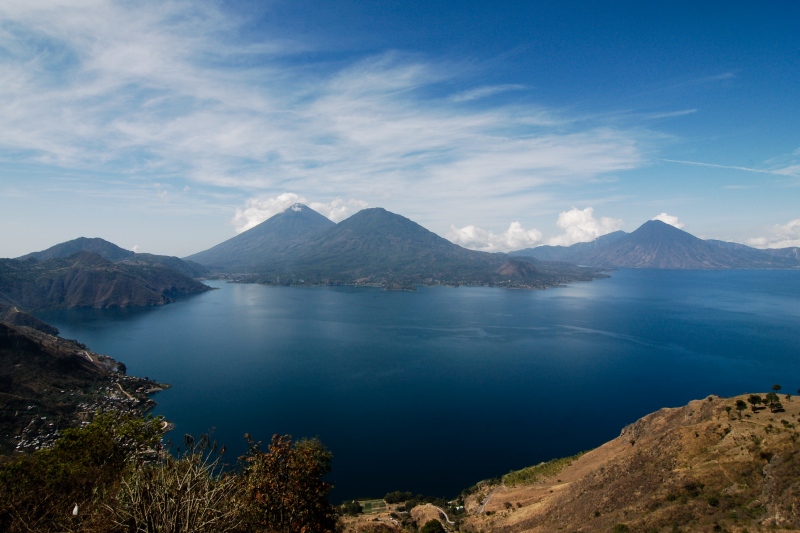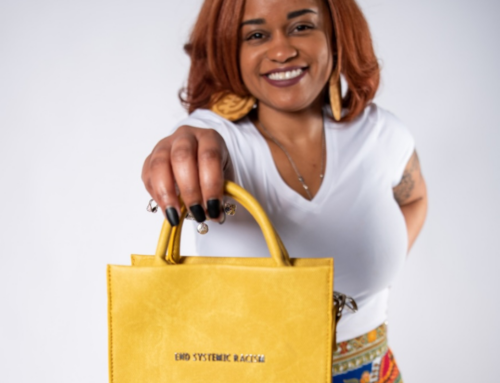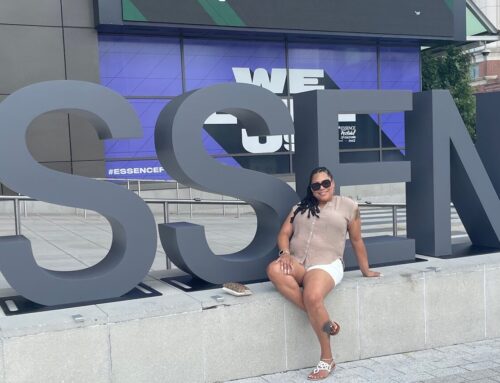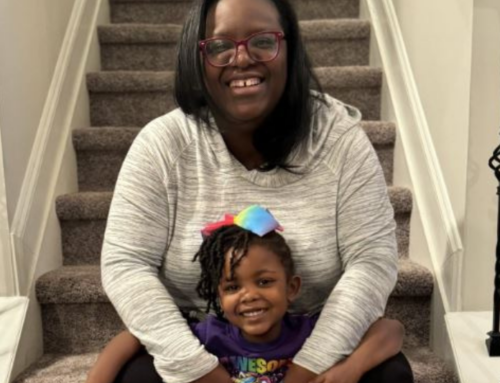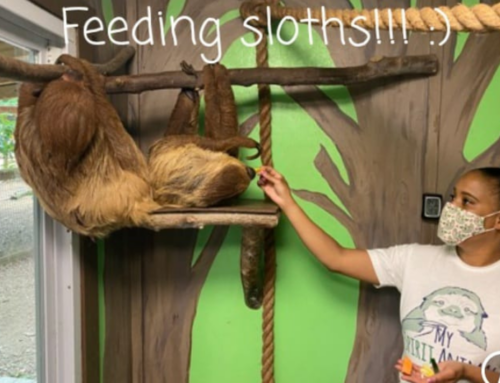No matter what side of the immigration and citizen debate one gravitates to, the inability of our nation’s leaders to find consensus has been distressing to watch. During one of our team meetings, we found ourselves sharing our own stories of what the word immigration means to us. We thought we’d share a little more about our team members over the course of time.
Kristin
Personally, I don’t know much about where my family came from. There are some missing branches from my limited family tree, and I’ve never had a connection to any kind of heritage outside of my nuclear family – which is white and born in the US.
It wasn’t until I myself emigrated to Guatemala, where I lived for three years as an extranjera, that immigration came into the forefront of my learning and living. In Guatemala I had the opportunity to live and work and play with so many friends and families, nearly all which had someone they loved living far away in the US. I saw how immigration had separated families, had left single mothers working the farming fields alone, had left immeasurable debt owed from communities to coyotes for transporting loved ones across the border. These experiences contradicted many stories about immigration on the news – we never hear about how difficult it is to leave one’s community, one’s family, one’s culture, all for an enormous, lengthy, risky and uncomfortable trip North. We never hear about families ultimately making that tough decision, because the need for opportunity outweighs the perceived risk.
Now living back in Denver, nearly all of my neighbors are first generation immigrants from Mexico and Central America. My circle of loved ones and friends includes a number of immigrants, many of whom don’t have official documentation to be here. They are a refuge for me, a place to fill my heart with all the things I miss from Guatemala like cumbia and pupusas and speaking Spanish. I have seen some of the places they come from, and I have heard many of the stories of why they came. I see how difficult the decision was, and how difficult it still must be to stay. Even more, I can see how difficult it must be to live in a constant state of not knowing – what will happen if we stay? What will happen if we ‘go back’? Will we have money for either choice? What about our friends and our communities?
Personally, I don’t know what any of those questions feel like. I don’t know much about where my family came from and if my ancestors ever had to ask those difficult questions. So what does immigration mean to me? It means a lot of people in my friend and community circle – that share with me such rich and beautiful experiences, food, music and love – are experiencing a lot of difficulty. And like any other friend, I am constantly thinking about how best to support them.
[Picture above: Lake Atitlan, Guatemala. Photo from Wikipedia.]